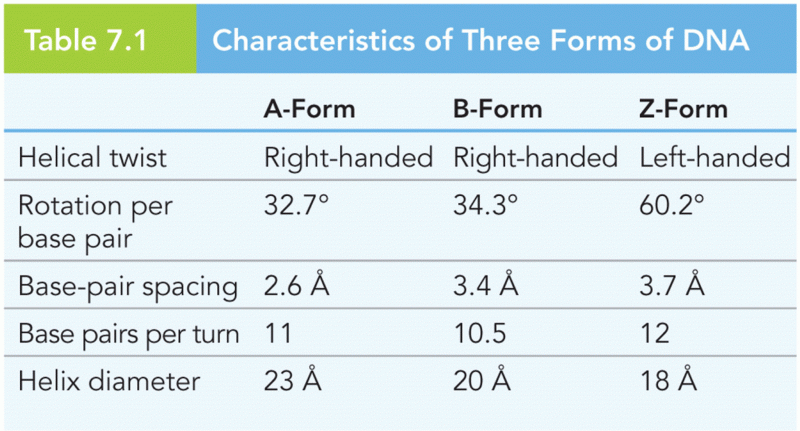|
|
|
Your skin wrinkles if you stay in the bathtub a long time because the outermost layer of skin (which consists of dead keratin) swells when it absorbs water. It is tightly attached to the skin below it, so it compensates for the increased area by wrinkling. This happens to the hands and feet because they have the thickest layer of dead keratin cells.
There are 60,000 miles of blood vessels in every adult human.
All adverse reactions are commonly charted in red ink in the patient's record and usually are noted on the front of the chart. Failure to follow correct documentation procedures may result in malpractice lawsuits.
If all the neurons in the human body were lined up, they would stretch more than 600 miles.
Drying your hands with a paper towel will reduce the bacterial count on your hands by 45–60%.







